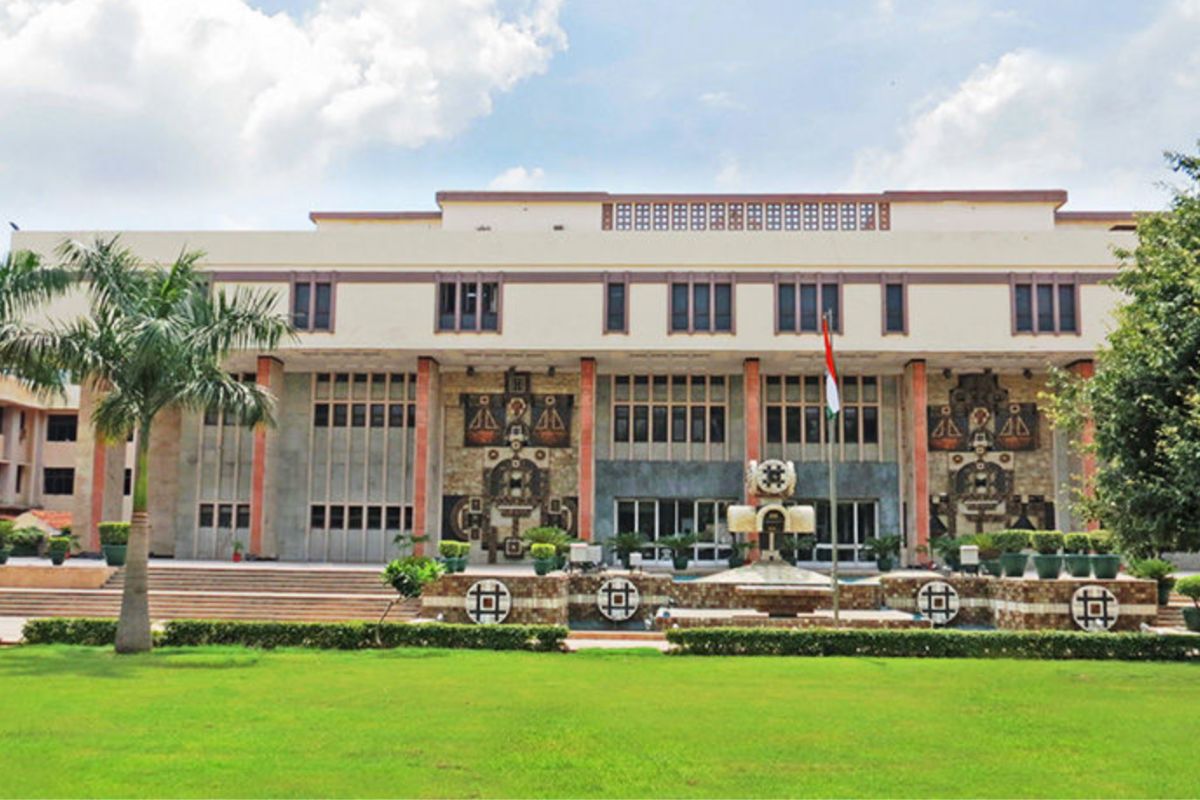Khushi Bajpai
Published on: 30th September, 2022 at 17:36 IST
As noted by the Delhi High Court, if a provision of a scheme is declared invalid by a tribunal and the decision is affirmed by a High Court, the invalidated provision no longer exists in the scheme, especially if the government has chosen to accept the verdict and put it into effect.
The statement was made by the division bench of Justice Sanjeev Sachdeva and Justice Tushar Rao Gedela in dismissing the Center’s appeal of a ruling by the Central Administrative Tribunal (CAT) ordering it to consider certain individuals’ requests for financial advancement under the Modified Assured Career Progression Scheme (MACP), 2009, which was issued in 2009.
The MACP scheme is a promotion programme for Central Government personnel. When a standard promotion is delayed, the system offers additional pay benefits in the form of financial upgrades.
The claimants had previously petitioned the Principal Bench of the CAT in order to be considered for financial upgradation under the rules of the plan while receiving credit for work done in the parent cadre (State Government). The MACP Scheme’s Clause 10 of Condition 4 was used as justification for denying the benefit to the employees.
The aforementioned rule stated that prior employment in the central government by a central government employee in a state government, statutory body, or public sector organization would not count as regular service for the purposes of the plan.
However, the Principal Court in its ruling dated 12.05.2015 stated that a bench of the Tribunal at Jodhpur had already invalidated clause 10 of the MACP Scheme after relying on the judgement of its coordinate bench in the case named D.K. Sharma v. Union of India & Ors. from the year 2006.
According to a Supreme Court ruling, the Principal Bench had also stated in the order that it was constrained by the stance adopted by a coordination bench of equal strength. The Rajasthan High Court in Jodhpur confirmed the ruling in D.K. Sharma in 2010, while the Supreme Court of India denied an appeal in limine.
In addition, the HC division bench noted in its ruling that the Rajasthan High Court’s Jodhpur bench had affirmed the ruling in Kishan Lal’s case, which was the one on which the Principal Bench of the CAT had relied. The division bench concluded that –
“It is a well-known fact that the petitioners have formally accepted the Rajasthan High Court’s ruling in Kishan Lal and haven’t continued to contest it.”
“Furthermore, it is undeniable that Kishan Lal and Dharmendra Kumar Sharma received the benefit that the respondents to this case are being asked to forfeit”
In dismissing the Center’s argument, the Court noted that, practically speaking, Clause 10 is no longer a part of the MACP Plan and that, as a result, the reason claimants were denied the benefit was an incorrect application of the scheme.
“Once a particular section of a scheme is quashed and that quashing is affirmed by the High Court, the said clause ceases to exist in the scheme,” the court stated.
“This is especially true where the government has opted to accept the decision of the High Court and implement the same.”
The court also dismissed the Centre’s argument that the order in Kishan Lal’s case was enforced solely for him, stating that neither the tribunal nor the Rajasthan High Court had issued any such directive.
It further rejected the defence that the Jodhpur bench of the CAT incorrectly struck down Clause 10.
The division bench of the High Court stated, “We are unable to accept the contention of learned counsel for the petitioners for the reason that the Tribunal, in the order impugned herein, has not quashed clause 10 of the scheme but has only relied upon a decision of the Jodhpur bench of the Tribunal which had quashed clause 10 of the scheme.”
“The quashing of which was upheld by the Division Bench of the High Court and that quashing was accepted by the petitioners and the order was implemented.”
The Court noted that the Tribunal had given the Center three months to complete the exercise in the contested order.

